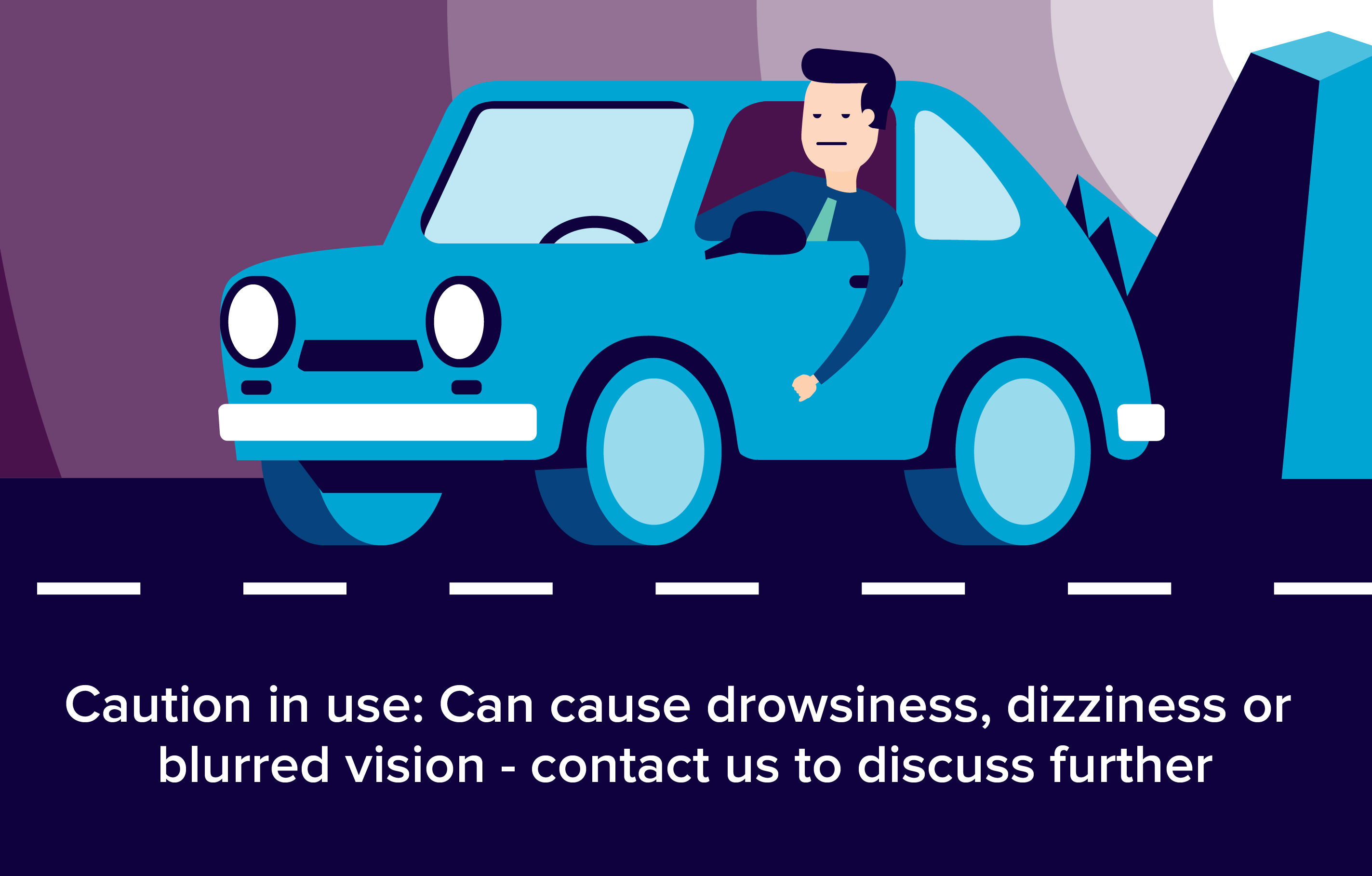-
Acid from the stomach escaping into the food pipe causing pain, inflammation and heartburn.
-
Ulcers in the upper part of the intestine or stomach. If you need to continue taking a non-steroidal anti inflammatory drug (NSAID), Losec MUPS either prevents an ulcer developing or heals one that is already there. If you are taking NSAIDs, Losec MUPS protects your stomach or duodenum whilst you are taking them.
-
Ulcers which are infected with bacteria called Helicobacter pylori.
-
Prevention of damage to the lungs caused by breathing in stomach fluids, for instance, before an operation.
-
Excess acid in the stomach caused by a growth in the pancreas.
How does it work?
Losec MUPS is a type of drug called a proton pump inhibitor. It reduces the production of acid in your stomach.
When and how do I use it?
-
Losec MUPS can be taken by adults and children. You may take your tablets at any time of the day. Your doctor will tell you how many tablets to take, and when to take them. The strength of tablets you take and the length of time you take them for will depend on what condition you are suffering from. The dosages below are those usually recommended.
-
You can take your tablets with food or on an empty stomach. The tablets should not be chewed or crushed, they should be swallowed whole, with a drink of water. If you have trouble swallowing the tablets, mix the tablets in either water, fruit juice or yoghurt, to form a mixture and then drink immediately or within 30 minutes. Always stir the mixture before drinking it.
What’s the dose?
-
Your dose will depend on what you are taking it for. Your doctor will tell you how much to take.
Could it interact with other tablets?
Tell your doctor if you are taking any of the following medicines:
-
Diazepam (for your nerves)
-
phenytoin (for epilepsy)
-
warfarin or other vitamin K blockers (for thinning of the blood)
-
ketoconazole
-
itraconazole or voriconazole (for fungal infections)
-
tacrolimus (used in organ transplants).
-
Herbal products should also only be taken after talking with your doctor.
What are the possible risks or side-effects?
Like all medicines, Losec MUPS may sometimes cause side effects, as well as the effects that are needed. These are usually mild and go away when you stop taking this medicine.
You may get:
Infrequently, you may get:
Can I drink alcohol while taking it?
There are no known interactions between alcohol and Losec. Always check with your pharmacist or doctor first though as other medicines you may be taking might have a effect on this.
What if I’m pregnant/breastfeeding?
This medicine can be used during pregnancy and while breast feeding but only if your doctor feels you need it.
If you have any more questions please ask your Pharmacist.
Remember to keep all medicines out of reach of children
Please Note: We have made every effort to ensure that the content of this information sheet is correct at time of publish, but remember that information about drugs may change. This sheet does not list all the uses and side-effects associated with this drug. For full details please see the drug information leaflet which comes with your medicine. Your doctor will assess your medical circumstances and draw your attention to any information or side-effects which may be relevant in your particular case.
References:
http://bodyandhealth.canada.com/drug_info_details.asp?brand_name_id=37
http://www.netdoctor.co.uk/digestive-health/medicines/losec.html
http://en.wikipedia.org/wiki/Omeprazole
http://xpil.medicines.org.uk/ViewPil.aspx?DocID=3487
http://www.nhs.uk/medicine-guides/pages/MedicineOverview.aspx?condition=Gastro-oesophageal%20reflux%20disease&medicine=Losec
http://www.astrazeneca.com/Medicines/Gastrointestinal/Product/Losec
http://www.monarchnaturalhealth.co.nz/health-wellness-articles/losec-omeprozole-and-vitamin-b12-deficiency/
http://www.patient.co.uk/leaflets/losec.htm

